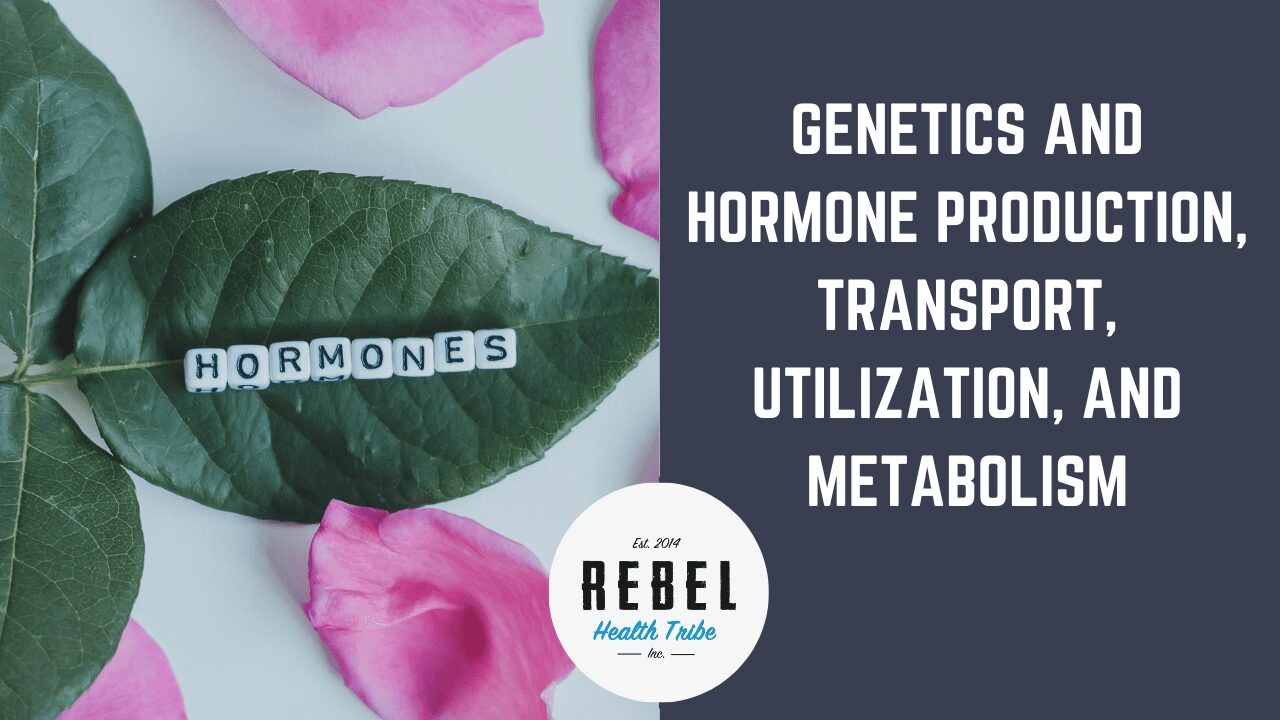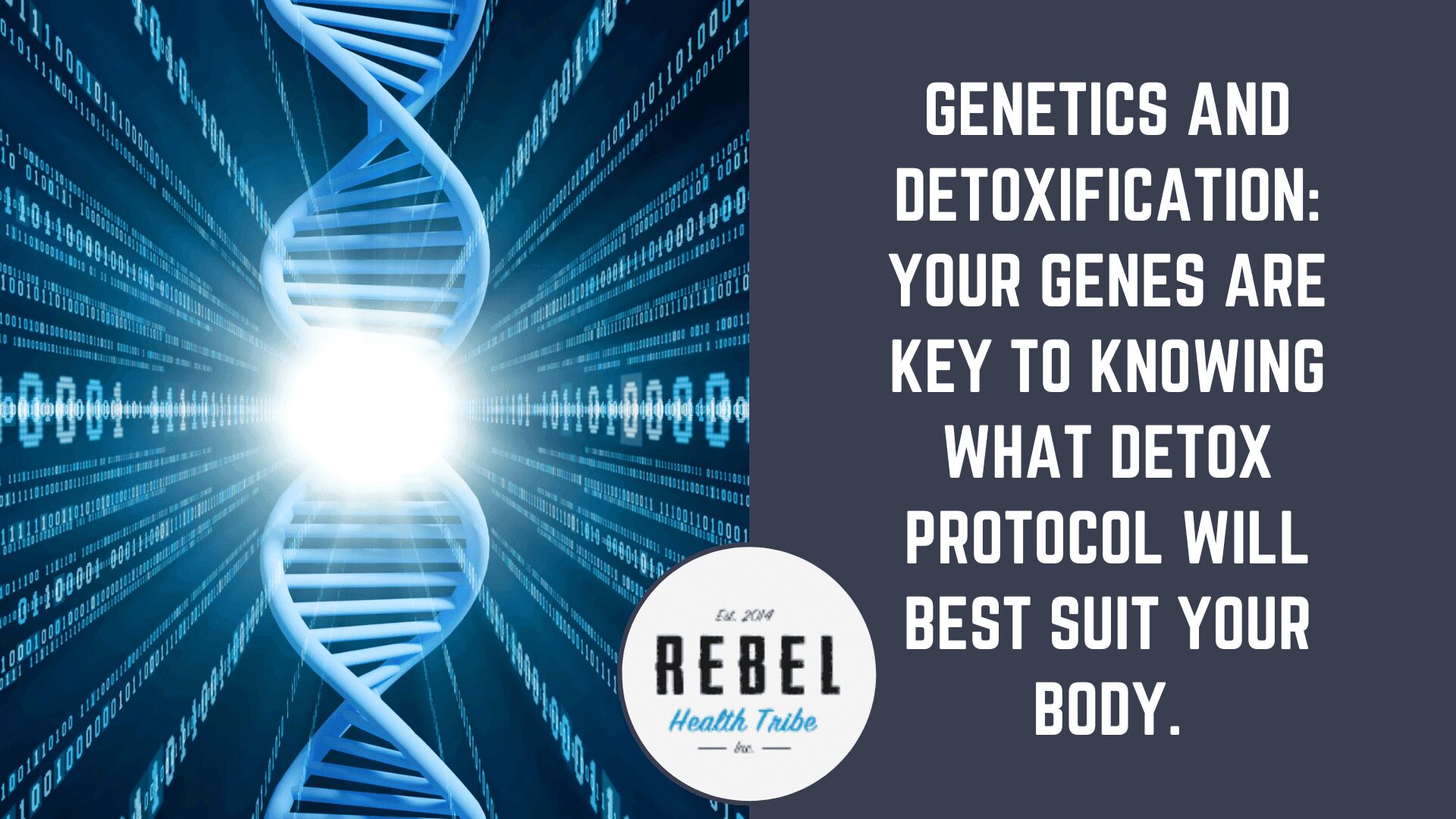
Genetics and Hormone Production, Transport, Utilization, and Metabolism
Our genetics play a larger role in our hormones than most people


Our genetics play a larger role in our hormones than most people

Have you wondered why an antidepressant didn’t work for you? Have you

https://vimeo.com/821487331 If you’ve ever bought a detox kit off a shelf

Optimization Guide
Michael:
Amylase, and I can gather that it’s specific to break down something that the medical terminology would be A, M, Y, L, but I-
Kiran:
Yep.
Michael:
Don’t know what that refers to.
Kiran:
Yeah, so amylase breaks down amylose, which you were right. So amylose is a type of carbohydrate, a type of sugar that you’ll find in rice and other grains and in many vegetables and potatoes and things like that. Amylose and amylopectin are the two types of sugars or carbohydrates that, polysaccharide carbohydrates, that make up a lot of the vegetable parts and grains; so amylase is very important to break down any kind of grain or vegetable.
In fact, your body produces amylase in your saliva. Amylase is the only enzyme in the saliva, and part of the chewing action is what will break down the fibers in the foods, and then it gets exposed to the amylase in the saliva itself, so it starts the breakdown process right in the mouth. As it passes through the gastric system, most amylases will tend to be somewhat stable but will die off to some degree through the gastric system. Then you have amylase again being produced in the small bowel to break down food. Amylase is very important for carbohydrate digestion.
Michael:
So, it would be found in both systemic and digestive enzymes.
Kiran:
Yeah, amylase is interesting because there’s not a lot of studies to show its effect systemically, but certainly, if you’re not breaking down your foods well, and you’re not getting all the nutrients out of it, you’re certainly going to have systemic issues, especially foods like vegetables, which are very important for you, so it’ll be found in a systemic enzyme. It could be, but that may be one that’s important to take with food as well.
Michael:
Okay. Great. That’s interesting it’s in the saliva. I thought there was more enzymes in saliva, I guess.
Kiran:
Yeah. There’s many different types of enzymes, but amylase is a general-
Michael:
You mean a general term.
Kiran:
Yeah.
Optimization Guide

An Exclusive Course with 10 Years of Microbiome Knowledge Build Your Resilient Gut: Microbiome & Beyond
If you’ve ever wanted all of Kiran’s best content in one place, here they are!
The toxicity and Detoxification Masterclass covers a wide array of topics with the following guests:
19 Leading Experts Share Cutting-Edge Science, Effective Practices, and Clinical Strategies to Optimize Brain & Nervous System Health in Kids and Adults
Autoimmune Masterclass brings together 17 of the world’s leading doctors, researchers, and experts on autoimmune diseases who each present their own mini-class on autoimmunity.
Be the first to get access to special offers, new podcasts, courses, products and events from Rebel Health Tribe.
MegaSporeBiotic is a probiotic blend of 5 Bacillus spores that have been shown to maintain healthy gut barrier and immune function.